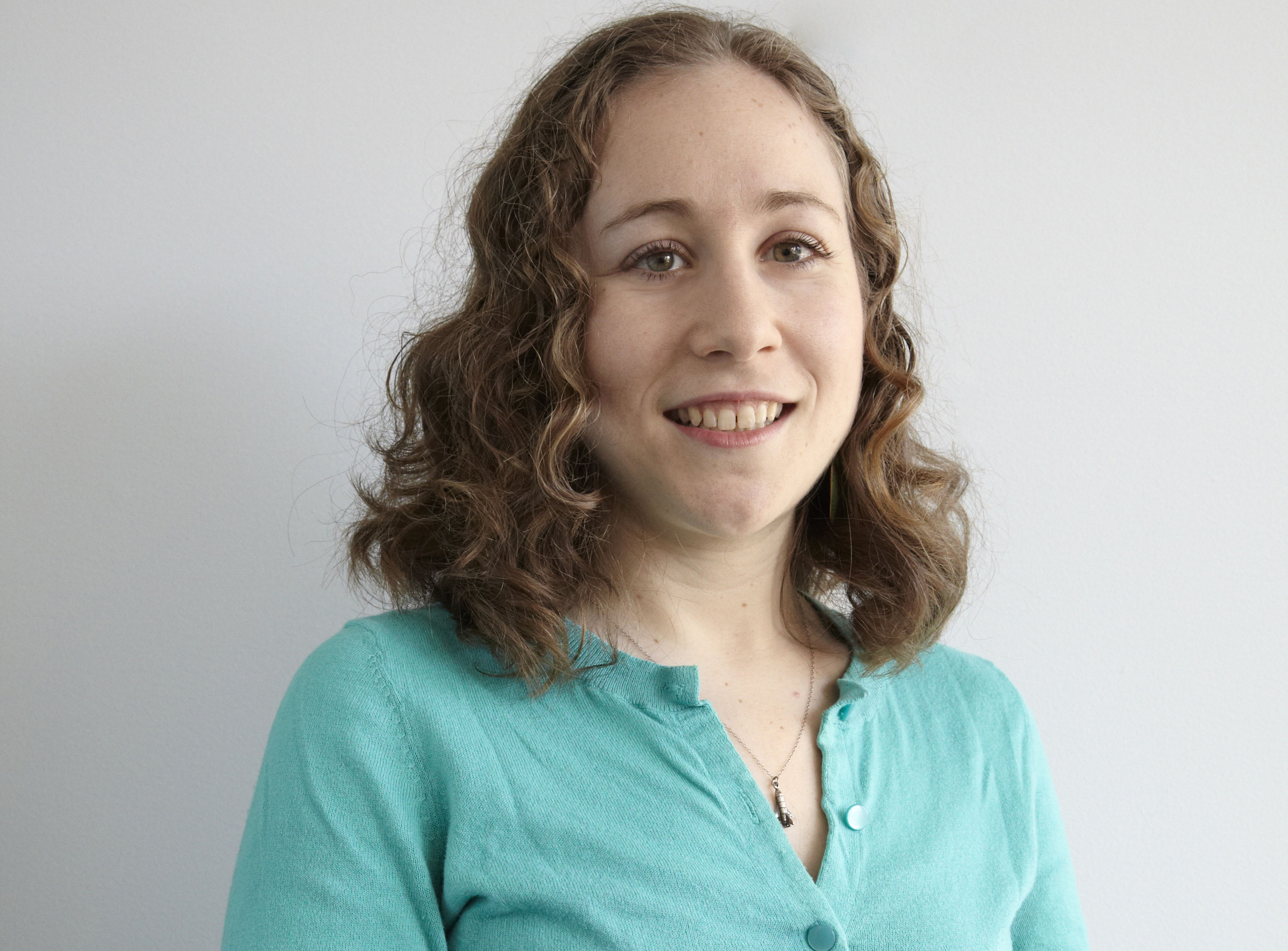114-Year-Old Man Takes Longevity Keys to the Grave
Get the world’s most fascinating discoveries delivered straight to your inbox.
You are now subscribed
Your newsletter sign-up was successful
Want to add more newsletters?

Delivered Daily
Daily Newsletter
Sign up for the latest discoveries, groundbreaking research and fascinating breakthroughs that impact you and the wider world direct to your inbox.

Once a week
Life's Little Mysteries
Feed your curiosity with an exclusive mystery every week, solved with science and delivered direct to your inbox before it's seen anywhere else.

Once a week
How It Works
Sign up to our free science & technology newsletter for your weekly fix of fascinating articles, quick quizzes, amazing images, and more

Delivered daily
Space.com Newsletter
Breaking space news, the latest updates on rocket launches, skywatching events and more!

Once a month
Watch This Space
Sign up to our monthly entertainment newsletter to keep up with all our coverage of the latest sci-fi and space movies, tv shows, games and books.

Once a week
Night Sky This Week
Discover this week's must-see night sky events, moon phases, and stunning astrophotos. Sign up for our skywatching newsletter and explore the universe with us!
Join the club
Get full access to premium articles, exclusive features and a growing list of member rewards.
A man who lived to age 114 died recently on a small Mediterranean island. Until age 102 he rode a bicycle every day to tend to his family's orchards. His 101-year-old brother, his two daughters aged 81 and 77, and a nephew aged 85 all still live in a small town on the Spanish island of Minorca.
All of which got some scientists wondering: Did this old-timer have super genes, the perfect lifestyle or plain good luck? In an attempt to find out, the researchers tested the whole family for two genetic mutations associated with longevity and healthy bones, and found that the family lacked these bonus points, suggesting that the keys to long life are not so simple.
"We found that the explanation is far more complex than simply a variation in a single gene," said Adolfo Díez Pérez of Universitat Autònoma de Barcelona, who worked on the study. "What we know in terms of genetic predisposition is only partially understood."
Other factors
Though the scientists can rule out variations in the two genes they tested (the KLOTHO gene, associated with longevity, and the LRP5 gene, linked to healthy bones) as being the key to this man's long and healthy life, other DNA factors likely played a role.
"He was probably having a perfect combination of a positive genetic predisposition and a perfect lifestyle," Díez Pérez told LiveScience. "His life was very relaxing: no stress, no smoking, no pollution. He was doing exercise on a regular basis, and the Mediterranean diet is very healthy."
Scientists are coming closer to understanding biological factors that affect aging, but a medical fountain of youth is still a long way off.
Get the world’s most fascinating discoveries delivered straight to your inbox.
So far, some 10 to 20 genes have been found to be associated with longevity, said Gil Atzmon, a scientist who studies aging at the Albert Einstein College of Medicine in New York.
"We just started; it’s a fresh field," he said. "I think this is just the tip of an iceberg, I think we can find a lot more."
Diet tricky, too
Similarly, scientists haven't found a single diet or lifestyle that can ensure a long and healthy life.
"The Japanese say it's all about vegetables and fish, the Greeks say it's the olive oil, the French say red wine, the Americans say exercise, the Cubans say cigars," Atzmon said. "There is no one component that you can say, 'This is what we believe will make people live longer.'"
The answer may lie in the interaction between genetics and the environment, since different people react differently to various foods, climates and conditions.
"What's good for some is bad for others," said Siegfried Hekimi, a biologist who studies aging at Canada's McGill University. "A particular genetic background is particularly good with a particular environment. The physiological makeup that makes people susceptible to diabetes and obesity was probably good when they were in a starving environment."
Although the 114-year-old man, the oldest person alive at the time of the study, probably couldn't have gotten to where he was without his helpful genes, the rest of us can take heart from the fact that environment seems to have played an equal or greater role.
"Take advantage of what you have genetically by having a healthy lifestyle," said Díez Pérez. "If your genes are positive, you will increase the advantage. If your genetic luck is not so positive, you will compensate for that. It’s a very pragmatic message."
- Special Report: Toward Immortality
- What is the Longest-Living Animal?
- Top 10 Immortals
 Live Science Plus
Live Science Plus











